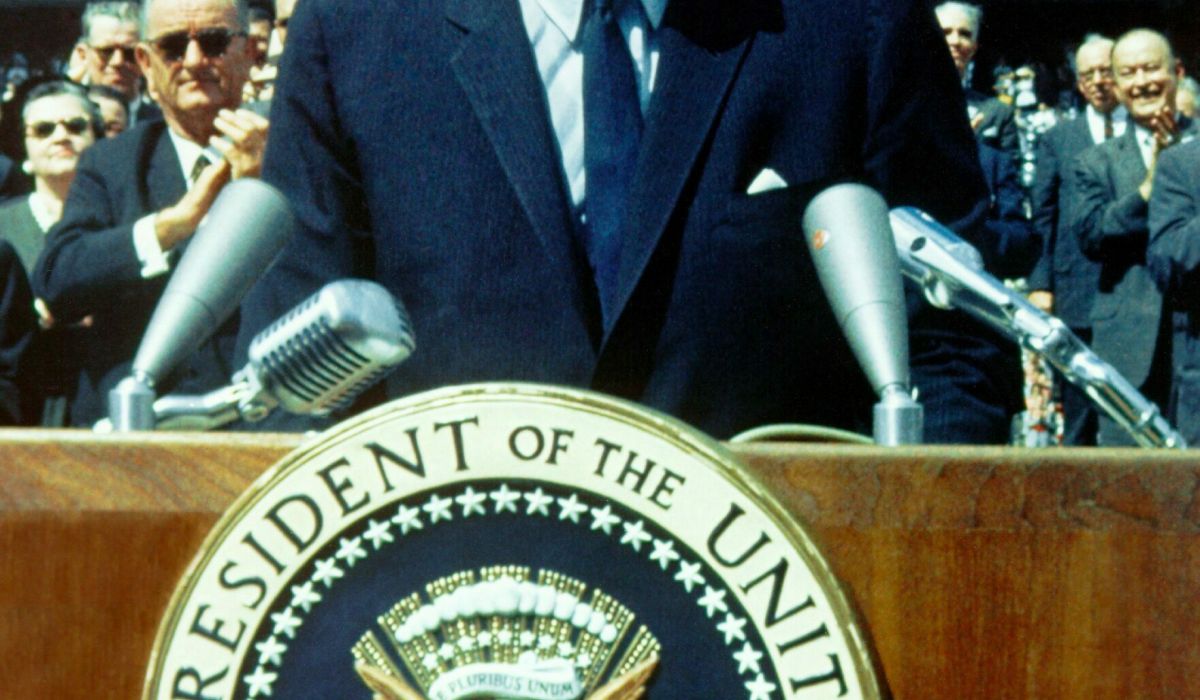
The Eight Characteristics of a Great Leader
We recently had the pleasure of meeting the recently appointed 42-year-old, commercial director of a European pharmaceutical company in Japan. There is often positive correlation between age and seniority in Japan, so his relatively young age, made this man’s achievement all the more impressive. He was promoted because of his exceptional leadership qualities, that as it turns out, have absolutely nothing to do with age.
But what are the characteristics of a great leader in Japan’s Pharmaceutical Industry? Here at Morunda KK, we decided to find out. We combined our qualitative observations, taken over 1,000 face-to-face interviews, to come up with this list:
- Great leaders come in all shapes and sizes.
In his book, ‘Blink’, Malcolm Gladwell describes the election of the American President, Warren Harding, in 1921. Harding wasn’t a particularly intelligent man, and his loves of poker, drinking and chasing women were infamous, but he ‘looked’ like a president. He was tall, dark and handsome and that was the only basis for his election. He died of a stroke two years into office and, despite his brief term, is still considered one of the worst presidents in American History. Human beings are notorious for getting caught up in appearance – in fact the average height of a male CEO in America is 3 inches taller than the average man – but how someone looks has absolutely no bearing on their performance. In our sample of great leaders, we found no correlation between leadership and race, gender, religion or education, but rather it was their past performance that predicted their success.
- Great leaders have great character.
Some even have more than one! No leader is the same, but regardless of this, all strong leaders prioritize their businesses and their teams. Great leaders don’t hog the spotlight and their actions and treatment of others, bares great testament to their characters.
- Great leaders are wonderful communicators.
In an interview, Warren Buffet once said that Dale Carnegie’s course, ‘How to Win Friends and Influence People’, changed his life. He told the interviewer that the certificate he had been awarded from the course hung proudly in his office, while he wasn’t entirely sure where his degree from Columbia Business School was. Great leaders have a knack for making the complicated, simple, conjuring enthusiasm and getting the most out of their teams. By adapting themselves to understand the people they lead, successful leaders can invoke the right degrees of urgency, calm or passion, required for the situation at hand.
- Great leaders are focused.
Superior leaders have a laser-like focus, that is quite astounding to behold. Somehow, they make executing whatever it takes to get the job done, look impossibly simple. They seem to have the Pareto principle ingrained in their brains, effortlessly sifting through the 80% of effects, coming from the 20% of causes, to effectively analyze their businesses. Great leaders know how to focus on the important things, the things that will give them the greatest return on investment, and they know when something isn’t worth the time.
- Great leaders are generous with their time and their resources.
They understand the importance of building a strong, dynamic team and they understand that it can take time. Great leaders understand that teams don’t succeed with carrot and stick management, they empower their people, support them and help them accomplish their goals.
- Great leaders are passionate.
And they are able to inspire people with their passion. Leaders can instil belief in their teams and unify them around a common goal. Businesses can be built on their leader’s enthusiasm, passion and positivity.
- Great leaders take responsibility.
They are not afraid to admit their mistakes, seeing them as opportunities for learning and growth. They know the road to success if paved with the stepping stones of failure and they embrace it.
- Great leaders are constantly learning.
They understand that great leaders are made and not born. They do not take their position lightly and constantly foster their art with continued reading, learning, listening and networking, surrounding themselves with people, that in turn, inspire and uplift them.
Great leaders are made. The characteristics of leaders who have shaped the pharmaceutical industry of Japan have been moulded over time. We all have the ability to lead whether it is a small organization or a company of thousands. If we are fortunate enough to lead a team, then one thing is certain, people are watching our behaviour far more closely than they are listening to our words.
Recent Posts
- Top sporting coaches and business leaders have a lot in common
- Elevating Leadership: Insights from Japan’s healthcare sector
- How to be a country manager
- Here are four things your firm can do to attract and retain top talent in Japan’s pharmaceutical and medical device industry:
- Build a Strong Employer Brand – What can you do if your company stinks?


